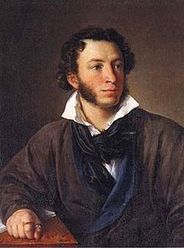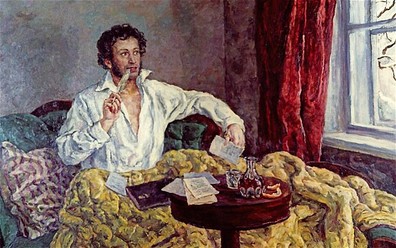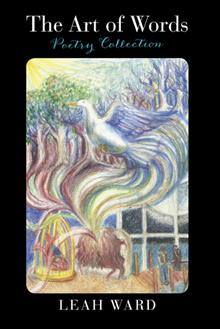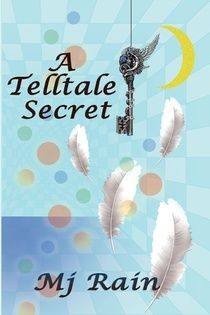
If you ask a Russian man to tell you the name of the Russian writer that comes to his mind first, this will definitely be Alexander Pushkin. Lots of polls prove it. Pushkin is justly considered to be the father of the modern Russian literary language and new Russian literature. His literary genius covered a number of literary genres, from fairy-tales to historical novels.

In 1811, young Alexander entered lycée where he really felt like a poet since his friends appreciated his talent. The funny thing is that the father of the modern Russian literary language preferred writing in French at first! French was in fashion at that time and young Pushkin tried not to lag behind the youth. During his lycée time he even had a nickname “Frenchman”.
Of course, just like any poet, Pushkin couldn’t help but express his political views. When he finished studying at lycée and began working at the College of Foreign Affairs he loved writing so much that, according to his friends, he didn’t work a single day. It was difficult to find a well-educated man who didn’t know his poems. Soon his hard work was “rewarded”. The poet was exiled to the South of Russia for “flooding Russia with outrageous poems”. That exile did him a favour since he wrote a number of works some of which became part of the world classical literature – such as Eugene Onegin and The Prisoner of the Caucasus.
When a lot of his friends got arrested after the Decembrists’ rising in 1825, Pushkin burned most of his autobiographical notes which would have involved a lot of other people and would have increased the number of the political victims. Some of the arrested people were executed which caused the people’s displeasure, and the King trying to reconcile society brought Pushkin back to Moscow. He hoped that the writer would take his side and even become the court poet. Pushkin didn’t fancy the idea, and the King did Pushkin a great “favour” and agreed to be his censor. All that turned into surveillance. Some of the writer’s works (like Boris Godunov ) were prohibited for a long time. Not only was Pushkin not allowed to publish, but he also could not even read anything the King hadn’t approved of.
Pushkin himself described his family life as really happy. He loved his wife, Natalia, their children and was loved in return. He knew his wife loved him and it was pleasant for him to see what impression she produced on other men. But constant attention to her caused jealousy. His enemies tried to make jokes about him as a husband and would start improper rumours about Natalia. All that irritated the poet but he trusted Natalia, who never gave him any reason to be ashamed of her behaviour. But in 1836, Pushkin’s enemies from the aristocracy of Saint Petersburg set a rumour connecting Natalia’s name with the King, and then with Baron Dantess, who had been flirting with Pushkin’s wife in a very impertinent way every time he met her. Pushkin couldn’t put up with that insult and challenged Dantess to a duel. It took place on the 8th of February in 1837. The poet was seriously wounded and died two days later. His wife was in mourning for a long time. The day of his death, a Friday, became a black day for her for the rest of her life. Every following Friday of her life she spent alone, didn’t see anyone and didn’t eat.
Pushkin’s death was a great loss for Russian literature and culture. One of his friends said: “The Sun of Russian poetry has set…” Alexander Pushkin’s contribution to literature is enormous: fairy-tales in verse, poems and novels. He is one of the writers whose works prevail in school reading programmes. It includes such works as The Prisoner of the Caucasus, The Gypsies, Eugene Onegin, The Squire’s Lady, The Captain’s Daughter and many others.
Have you ever happened to read Alexander Pushkin’s works?





 RSS Feed
RSS Feed
